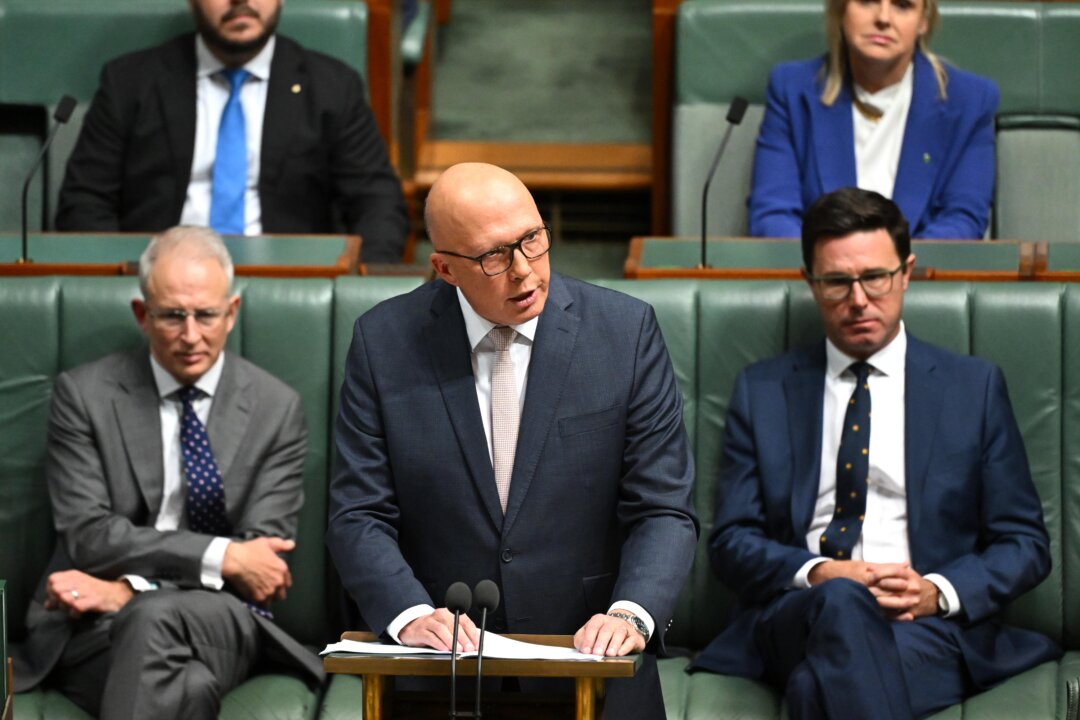Potential legal landmark as judge rules UK doctors could be breaking the law if they administer hormones given to teenagers via private prescriptions.
In a potential legal landmark, a judge has ruled that doctors who administer cross sex-hormones to under-18s with private prescriptions from gender clinics could be in breach of the law if they have not obtained permission from a court.
Judge Sir Andrew McFarlane was presiding over the case of an anorexic, autistic 16-year-old girl with complex mental health problems who was prescribed both puberty blockers and a “dangerously high dose” of testosterone injections when she was just 15, following a one hour consultation with a private gender clinic based in Singapore.
The child’s mother had allowed the testosterone to be injected by an NHS GP who accepted the private prescription, but her father did not agree and argued that his daughter lacked the mental capacity to consent to such life-altering treatment and took legal action under the Children’s Act of 1989.
The girl, known as J in the family court proceedings, had begun to “identify” as a boy at 12, using a male name and pronouns, before she was diagnosed as autistic and anorexic at 13.
She had gone through bouts of self-harming and was detained in a psychiatric unit under the mental health act for nine months from September 2021, suffering from malnutrition.
In October 2022, after her release from psychiatric care, the girl sought treatment from an online, Singapore-based clinic known as Gender GP, which charges patients an initial “set up fee” of £190 then a monthly subscription plus the cost of prescriptions.
Aged just 15, the teenager was given a prescription for both puberty blockers and testosterone injections after a short online assessment with a counsellor from Gender GP. She did not take the puberty blockers but the cross-sex hormone injection was administered every six weeks by her NHS GP.
In his ruling, handed down yesterday, the judge said that a child being prescribed high doses of testosterone from an “off-shore, online, unregulated private clinic” gave rise to “serious concerns as to the safety of patients.”
Gillick Competence Applies to Under 16s
The father, who separated from the mother when J was aged ten, appealed to the court in April 2023 to halt the treatment to his daughter on the grounds of consent and mental competence, arguing that under-18s should not be given cross-sex hormones outside of NHS gender services.
Since his application, however, there had been a degree of consensus by all parties involved—including the girl herself. She had stopped taking the testosterone, and her legal representative and both parents now agree that she should seek a more comprehensive assessment at a gender clinic in the UK.
Under UK law, a child under 16 years old can usually consent to medical treatment if they are judged to be “Gillick competent,” meaning they are able to give informed consent. When the precedent-setting Gillick ruling was made, the drug in that case was the contraceptive pill.
Once aged 16, a young person can normally consent to all medical treatment, unless they are judged not to have mental capacity. There are “exceptional circumstances” under section 8 of the children’s act, however, as parental responsibility for a child remains until the age of 18.
 An undated image of a bottle of testosterone. (Courtesy of Daisy Strongin)
An undated image of a bottle of testosterone. (Courtesy of Daisy Strongin)Section 8 of the Children’s Act Could Halt Treatment
The judge said, “In the present case, J’s mother has undertaken not to take any step for the time being to consent to, or otherwise support J in, obtaining further prescriptions of testosterone from Gender GP, other than paying a small monthly fee to keep the current referral to that clinic open.”
“Were it not for that undertaking, it is accepted that the court could prohibit her from acting in that way by means of a section 8 prohibited steps order on the basis that the current circumstances are ‘exceptional.’”
NHS England recently banned puberty blockers and cross-sex hormones for under-16s, except where the child is enrolled on a clinical trial.
Following the publication of the Cass Review into children’s gender services in England and Wales last month, NHS Scotland also announced a pause on prescribing puberty blockers for under-18s.
The ruling found that in a case such as J’s, where a parent does not consent to their child receiving such cross-sex hormones, no doctor without authorisation from a court should administer the treatment if it has been prescribed privately, or they could be in breach of the children’s act.
The judge said the way that J had been diagnosed and given her prescription was “not in accordance with any recognised guideline” as it was “being provided by an online provider without any proper medical supervision.”
‘Serious, Lifelong and Irreversible Nature of Treatment’
He found the treatment was not in the girl’s best interests, “of a kind which would not be available in mainstream NHS service ... either the former or current interim NHS service specification,” and one to which J, at age 15 (when she commenced the treatment) and now aged 16, “is not competent to consent to having regard to the serious, lifelong and irreversible nature of the treatment and J’s underlying and co-existing diagnoses of autism and anorexia.”
A paediatric specialist from Australia gave evidence on the father’s behalf, after UK doctors declined to do so.
Dr. Jacqueline Hewitt was concerned that no physical examination or bone density scan or x-ray was carried out on J. Problems with the bones, such as osteoporosis and osteoarthritis, are among the most common health risks from taking cross-sex hormones.
The psychological assessment was of “extremely poor quality,” in Dr. Hewitt’s view, with a single online session conducted by an individual who has a counselling qualification but was not registered with the Health and Care Professions Council.
Her main concern related to the dose of testosterone prescribed, which was at the level that one would administer to an adult only after a course of treatment that would have started at a much lower dose before being built up.
The judge said, “Dr Hewitt advised ‘with confidence’ that ‘there is no professional society of paediatric endocrinologists internationally who would consider this anything other than a highly abnormal and frankly negligent approach’. She stated that ‘in Australia, the treatment provided by Gender GP would be unlawful.'”
Even after apparently stopping the testosterone injections, J’s level of the male hormone was found to be the same as that of an adult man when she was subsequently assessed at the Alder Hey Children’s Hospital, leading Dr. Hewitt to wonder if she had received additional injections after having supposedly stopped.
The judge said that there was currently no “appropriate” treatment path in the NHS for J, and it had been agreed by both parents and her legal guardian that she should undergo a six-month assessment at the private Gender Plus clinic in London.
Sir Andrew said that his ruling did not seek to set a precedent or “trespass on the role of Parliament” and that as there had been some consensus in the family since the action was initiated, he would “limit the court’s involvement in terms of decision to that which is currently necessary.”
“In the absence of intervention by Parliament, the court should be careful to move forward on a case by case, decision by decision, basis so that the approach under the common law is developed incrementally as may be required, rather than by judicial diktat,” he said.
The judge concluded his ruling with a warning note, saying, “On the experience in these proceedings thus far, I would urge any other court faced with a case involving Gender GP to proceed with extreme caution before exercising any power to approve or endorse treatment that that clinic may prescribe.”














 English (US) ·
English (US) ·  Turkish (TR) ·
Turkish (TR) ·